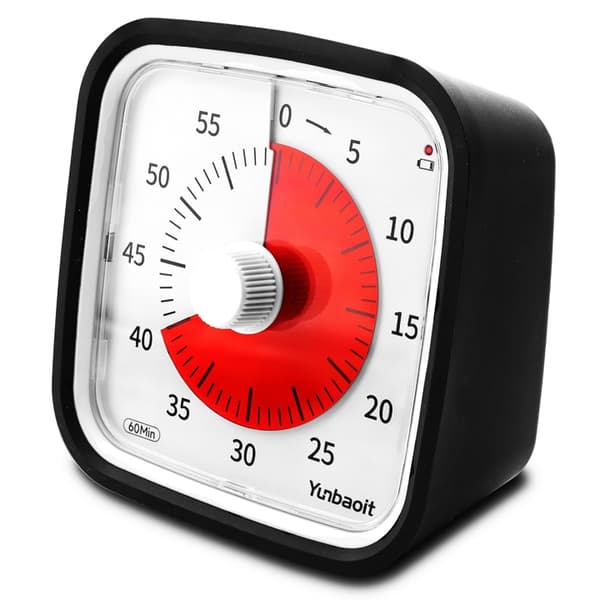Edward Said and the Work of the Critic
388 kr.
388 kr.
Fre., 6 juni - fre., 13 juni
Sikker betaling
14 dages åbent køb
Sælges og leveres af
AdlibrisProduktbeskrivelse
In two separate interviews, Said himself comments on a variety of topics, among them the response of the American Jewish community to his political efforts in the Middle East. Yet even as the Palestinian struggle finds a central place in his work, it is essential-as the contributors demonstrate-to see that this struggle rests on and gives power to his general "critique of colonizers" and is not simply the outgrowth of a local nationalism. Perhaps more than any other person in the United States, Said has changed how the U.S. media and American intellectuals must think about and represent Palestinians, Islam, and the Middle East. Most importantly, this change arises not as a result of political action but out of a potent humanism-a breadth of knowledge and insight that has nourished many fields of inquiry. Originally a special issue of boundary 2, the book includes new articles on minority culture and on orientalism in music, as well as an interview with Said by Jacqueline Rose.
Supporting the claim that the last third of the twentieth century can be called the "Age of Said," this collection will enlighten and engage students in virtually any field of humanistic study.
Contributors. Jonathan Arac, Paul A. BovÉ, Terry Cochran, Barbara Harlow, Kojin Karatani, Rashid I. Khalidi, Sabu Kohsu, Ralph Locke, Mustapha Marrouchi, Jim Merod, W. J. T. Mitchell, Aamir R. Mufti, Jacqueline Rose, Edward W. Said, Gayatri Chakravorty Spivak, Lindsay Waters
Varenr.
05886c96-6a1f-5f44-918b-416a75e332a8
Edward Said and the Work of the Critic
388 kr.
388 kr.
Fre., 6 juni - fre., 13 juni
Sikker betaling
14 dages åbent køb
Sælges og leveres af
AdlibrisLignende topsælgere

Bright Beauty Vanity Namira - make up spejl med belysning - hollywood spejl - schminke spejl med lys - hvid - dæmpbar med tre lystilstande
539 kr.

POP MART Labubu Monsters Macaron Vinyl Face 17cm Blind Box
123 kr.

POP MART Labubu The Monsters Big into Energy 17 cm
159 kr.

Silikonetape / Plaster til Ar – Behandling af ar
69 kr.

Labubu The Monsters Macaron Blind Box fra POP MART
179 kr.

Montessori Busy Board til børn 1-4 år, 12-sidet aktivitetslegetøj med Reißverschluss
140 kr.

FENCHILIIN Hollywood makeup spejl med lys forstørrelse 360° drejelig bordplade hvid spejl 30 x 41 cm
279 kr.
Tidligere laveste pris:
331 kr.

1 stk. POP MART Labubu 3.0 Big into Energy Blind Box Figur – The Monsters Vinyl Plysch Hänge 17 cm (tilfældig farve, enkelt pakke)
169 kr.

G4 Halogenpærer / Stiftpærer - Halogen 10W (10-Pack)
69 kr.

1 stk. POP MART Labubu The Monsters Spændende Macaron Plysfigur Legetøjs Blind Box (tilfældig farve, 17 cm, 1 pakke)
159 kr.
Anbefalede produkter

FENCHILIIN hollywood spejl makeup spejl med lys dæmpbar med tre lystilstande bordplade vægbeslag make up spejl med belysning hvid 58 x 46cm
621 kr.

INF Efterfilter til Dyson V11 V15 skaftstøvsuger 3-pak
179 kr.

FENCHILIIN Stor Hollywood Makeup Spejl med lys USB bordplade vægbeslag hvid 80 x 58 cm
961 kr.

FENCHILIIN Hollywood stort makeup spejl med lamper bordplade vægmonteret hvid spejl med lys
479 kr.

Universal 42V 2A Lithium Batteri Oplader Balance Cykel El-Scooter Strømadapter
142 kr.

Scart til HDMI konverter 1080P
49 kr.
Tidligere laveste pris:
57 kr.

Ørepuder til Bose QuietComfort - QC35/QC25/QC15/AE2 Hovedtelefoner Svart
69 kr.

Børnebagekøkken køkkenkniv køkkensæt børnekøkken køkkenredskaber børnesæt 13 dele
102 kr.

Timer til Klasselokalet - 60 minutter
169 kr.

Lader til iPhone - Hurtiglader - Adapter + Kabel 20W USB-C 3-Pack iPhone
179 kr.